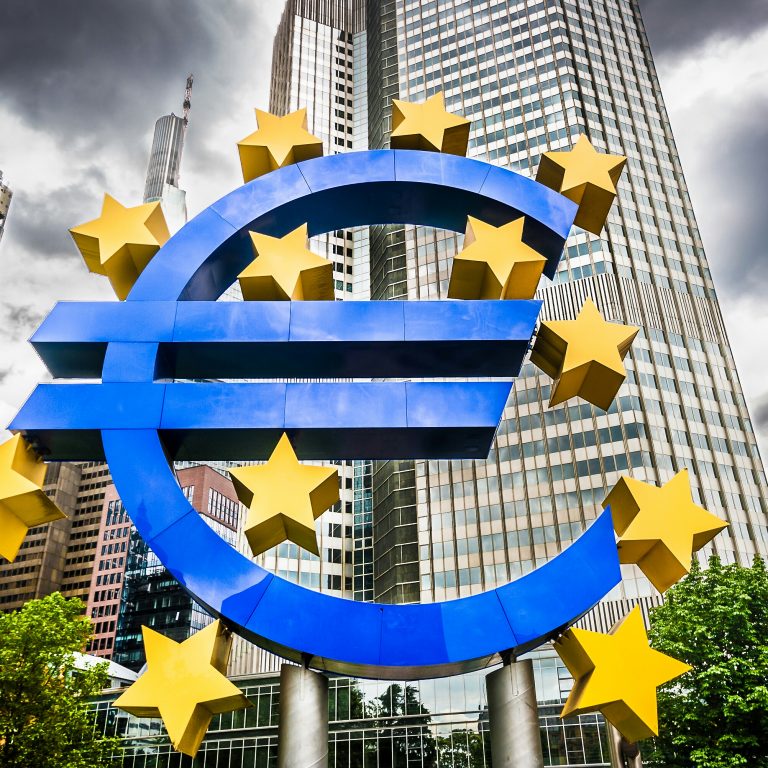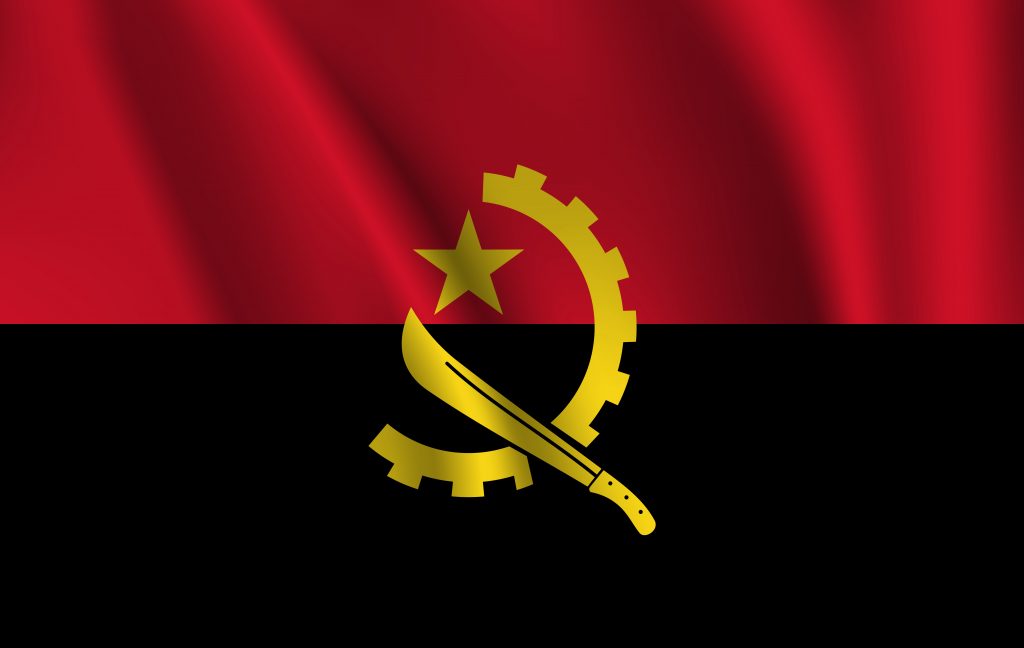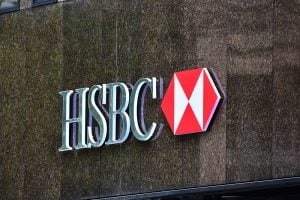Latest news about Bitcoin and all cryptocurrencies. Your daily crypto news habit.

European banks have allegedly been complicit as corrupt African leaders pilfer the wealth of their economies in the billions of dollars. The Angolan government on Monday arrested the son of ex-president Jose dos Santos for stealing $500 million from the country’s sovereign wealth fund, with the help of a British bank. It is only a few days ago that Nigeria demanded that a bank in Europe returns $100 million laundered by former dictator Sani Abacha. In Liberia, ex-central bank governor Milton Weeks is under investigation for the $104 million that vanished from state coffers.
Also read: Pushing The Boundaries Of Economic Change: Bitcoin As A Medium Of Exchange In Africa
Angola Police Arrest Ex-President’s Son Over Allegations of $500 Million Plunder
Police in Angola on Monday arrested the son of former president Jose Eduardo dos Santos, over a corruption case involving the alleged illegal transfer of $500 million of public funds to a British bank, according to a report by Bloomberg.
Jose Filomeno dos Santos was placed in “preventive detention”, Angolan authorities say.
He had initially tried to wire the funds to the London branch of Swiss bank Credit Suisse using “forged documents”, but British authorities blocked the transfer “suspecting foul play,” say earlier reports.
The transfer later sailed through, this time allegedly via an HSBC Holdings plc account in the United Kingdom, Bloomberg reported, quoting the Angolan prosecutor general Alvaro Da Silva Joao.
“The evidence gathered resulted in sufficient indications that the defendants have been involved in practices of various crimes including criminal associations, receipt of undue advantage, corruption, participation in unlawful business, money laundering, embezzlement, fraud among others,” he said.
Angola’s Finance Ministry says dos Santos, who was head of the country’s $5 billion wealth fund, disguised the transfer as a project aimed at attracting investment in Angola with the help of a fake guarantee from a bank in Europe.
Appointed by his father to head the wealth fund in 2013, dos Santos was sacked earlier this year after he was charged with misappropriating public funds to the tune of $500 million from the National Bank of Angola. He promised to comply with investigations at the time.
His arrest, together with Angolan-Swiss businessman Jean-Claude Bastos de Morais, is part of President Joao Lourenco’s plans to rid Africa’s number two oil producer of corruption. Angola is ranked by the Transparency International among the world top 20 most corrupt countries.
Former Transport Minister Augusto da Silva Tomas has also been arrested over allegations of embezzlement, local media reported.
Banks Face Criticism Over Growing Trend
The latest development comes at a time when European banks have faced criticism for allegedly aiding corrupt African leaders siphon billions of dollars from the impoverished continent. According to the African Capacity Building Foundation, the continent loses up to $50 billion in illicit financial flows each year.
Nigerian President Muhammad Buhari last week demanded that HSBC Bank return up to $100 million it allegedly helped former dictator Sani Abacha launder from the Nigerian economy.
In 2006, Switzerland handed back $500 million of the Abacha loot to Nigeria – the first time any bank in Europe had returned stolen money to a country in Africa.
Liberia has indicated that it is investigating its former central bank governor Milton Weeks and Charles Sirleaf, son of the former president Ellen Johnson Sirleaf, over $104 million that vanished from state coffers.
HSBC Holdings plc is one of the largest banking and financial services organisations in the world. HSBC’s international network comprises around 7,500 offices in over 80 countries and territories in Europe, the Asia-Pacific region, the Americas, the Middle East, and Africa.
But the firm has been forced to pay billions of dollars in fines for money laundering and other financial crimes. In the US, HSBC paid $1.92 billion for helping to facilitate the laundering of Mexican drug money, and several million were paid in Hong Kong for systemic deficiencies.
Cryptocurrency to Stem The Flow of Illicit Transfers
Cyptocurrency is seen as key to helping African countries fight corruption and illicit transfers.
A report by Enrique and Eduardo Aldaz-Carrol published on the Brookings Institution website revealed that: “cryptocurrency and blockchain could help prevent fraud and corruption, reduce the costs of enforcement thanks to easily accessible information and faster crosschecks, and help supervise implementation and monitor efficiency and effectiveness of spending, increasing development impact”.
Do you think that banks in Europe are contributing to the collapse of African economies? Let us know how you feel in the comments section below.
Images via Shutterstock, Trading View, and Satoshi Pulse.
Want to create your own secure cold storage paper wallet? Check our tools section.
Disclaimer
The views and opinions expressed in this article are solely those of the authors and do not reflect the views of Bitcoin Insider. Every investment and trading move involves risk - this is especially true for cryptocurrencies given their volatility. We strongly advise our readers to conduct their own research when making a decision.


